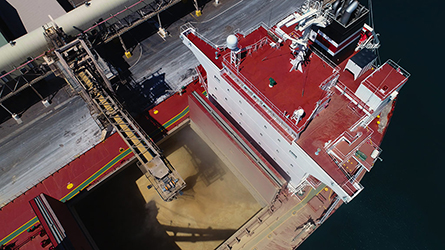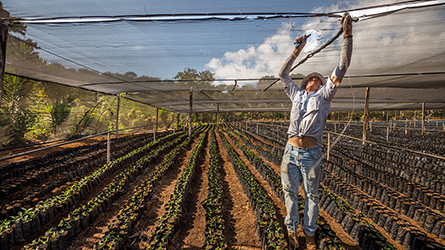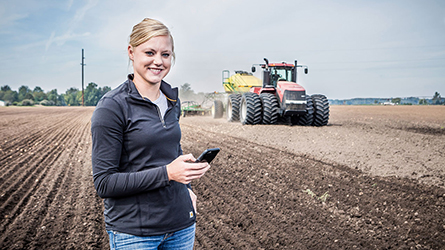Investment and Competitiveness

.svg)
What we do
Facing the competition
European farmers and their agri-cooperatives are the lifeblood of Europe’s rural economy and society. As the agricultural sector faces a growing number of challenges, sound investments are needed to support it. European farmers and their agri-food cooperatives are well-accustomed to operating in a competitive global environment. Looking ahead, there are many reasons to suggest that this environment is only going to become even more dynamic and competitive, requiring farmers and agri-cooperatives to become more agile.
Retaining room for manoeuvre
Fertilisers represent by far the largest share of European farmers’ input costs. The increased concentration of the fertiliser industry has resulted in European farmers paying the highest prices in the world for mineral fertilisers, hindering their competitiveness. The anti-dumping duties and customs tariffs currently applied to non-EU fertiliser are disturbing the market and costing EU farmers in excess of €1 billion per annum.
Investing in the future
Enhancing competitiveness and productivity in the agricultural and food sector and encouraging generational renewal are indispensable if agriculture is to fulfil its vital function of contributing to economic development and food security. This needs to be supported by private investment in physical, human and knowledge capital.
What we believe
Funding the fight against climate change
Building climate-smart food production systems will require additional capital, particularly from public sources, and customised financial products. In particular, climate-smart investments in agriculture tend to require substantial upfront investments to support the changes necessary to heighten farmers’ productivity and their capacity to adapt to climate change while reducing the emission intensity of what they produce.
Grasping new opportunities
Attracting private investment in agriculture relies on a comprehensive set of policies going beyond agricultural policy. The sector is eager to contribute to a stronger Europe, but can deliver only if it stays competitive, and if farmers and their cooperatives can innovate, grasp new business opportunities and benefit from technological advancements.
Investing in the future
Enhancing competitiveness and productivity in the agricultural and food sector and encouraging generational renewal are indispensable if agriculture is to fulfil its vital function of contributing to economic development and food security. This needs to be supported by private investment in physical, human and knowledge capital.

.svg)

.svg)
What we call for
Policy consistency
Policy consistency across various areas (such as trade, climate and environment, research and innovation, investments, financial markets, fair taxation) is thus critical, not only to achieve our objectives and have a real impact, but also to create an attractive environment for all agricultural investors. Farmers, agri-cooperatives and rural entrepreneurs need to be provided with a good range of investment and financing possibilities so that they are in a position to compete fairly with all other economic sectors.
Improving transparency
The EU must restore transparency on the European fertiliser market and terminate the anti-dumping measures and customs tariffs currently being applied to non-EU mineral fertiliser. This will boost the competitiveness of EU agriculture and rebalance farmers’ incomes.
Risk management
We call for farmers, agri-cooperatives and rural entrepreneurs to be given a good range of investment and risk management tools so that they compete with other economic sectors. We strongly believe that the “investEU” programme could help the agricultural and forestry sector benefit from opportunities such as the circular and bio-economy and digitalisation.



.svg)